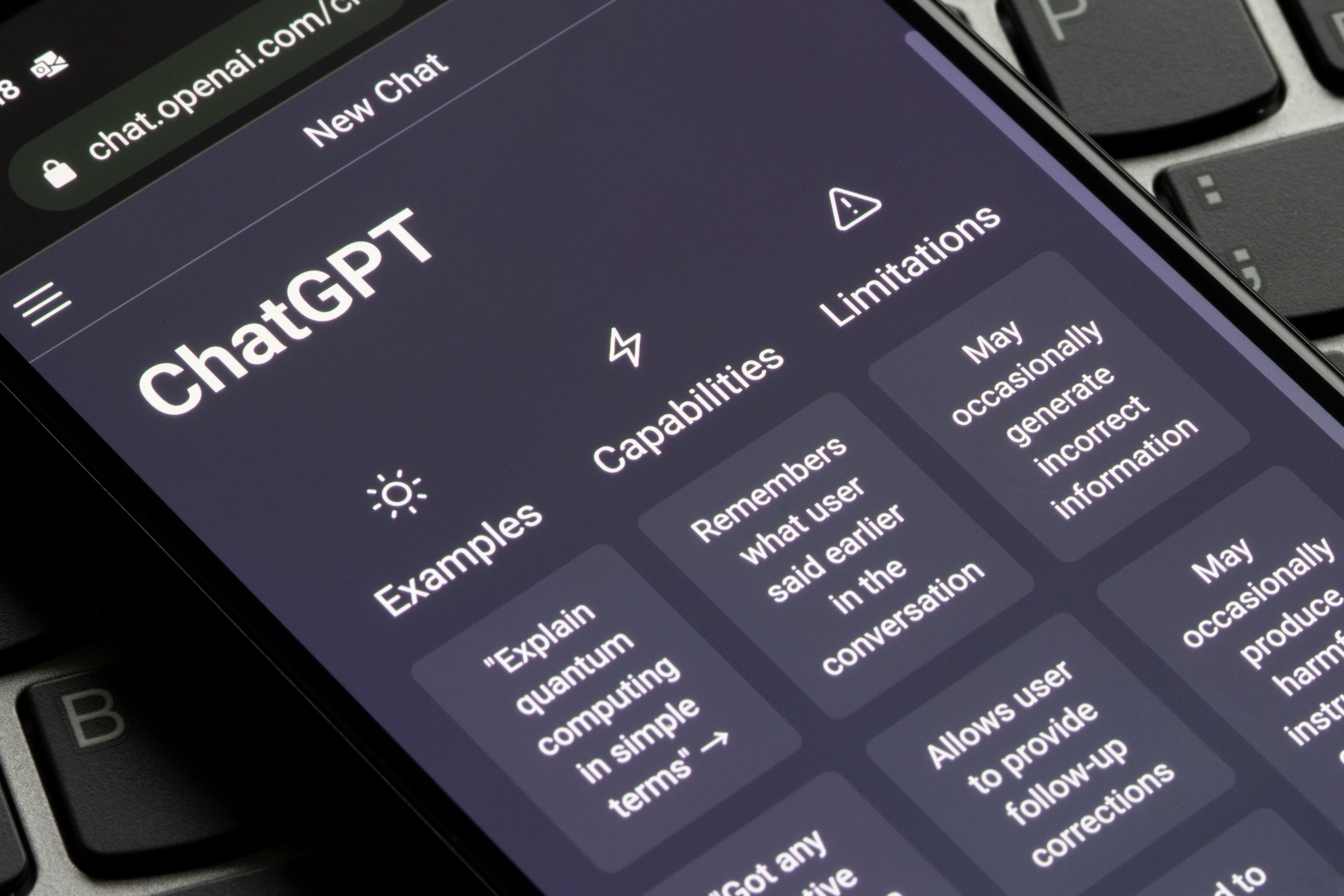At this point of 2023, it will be hard-pressed to find someone who is not aware of ChatGPT. When it first emerged in November 2022, the public was blown away by its abilities. As a generative AI chatbot, users are able to interact with ChatGPT through question and answer format, and ask questions across a variety of knowledge fields. Using machine learning, ChatGPT can provide suggestions, answer questions and even be prompted to produce written work in a specific writing style or voice.
With all new technology, there will be those who are receptive and those who are resistant. Many rejoiced at the convenience ChatGPT can provide, cutting down on time spent doing desk research or creating solutions for complex tasks. On the flip side, particularly in education, concerns are abound with regard to plagiarism, unethical student behavior, and students missing out on developing critical thinking and problem-solving skills.
This situation we are now facing is largely similar to when calculators became widely available in the late 1970s. Educators supporting the use of calculators in classrooms argued that calculators would allow students to reduce time spent on tedious calculations and focus on exploring mathematical concepts. Critics asserted that calculators would cause students to miss out on developing critical mental arithmetic skills, and potentially become over reliant on calculators.
As calculators became more integrated into society, educators have come to embrace its usage in education. With guidelines and recommendations, educators now teach students effective usage of calculators, and how to use them as a tool to support critical thinking and problem-solving when approaching math.
Likewise, we can approach ChatGPT in education with an adaptive approach. Despite a ban on the use of ChatGPT by certain universities including France’s Sciences Po, and the University of Hong Kong, Swinburne University of Technology has instead chosen to embrace it.

Swinburne University of Technology’s mission – People and technology working together to build a better world.
In line with the university’s mission of “People and technology working together to build a better world”, Swinburne believes in teaching students how to use AI tools ethically and effectively. As AI becomes increasingly integrated into our lives the way calculators did, instead of resisting it, the university sees greater value in educating students to utilise AI to their benefit and ensure they are able to stay current with their digital literacy skills. Swinburne views ChatGPT as a tool as opposed to a threat, which students can use in their learning process, where it can break down complex concepts or help them write more effectively. Students can then enhance their efficiency and improve their assignment quality by using it to their advantage.
In terms of assessments, it is worth noting that though ChatGPT is seen as a potential tool for cheating, despite best efforts, it is not possible to design a test where cheating is impossible. Alternatively, the assessment focus can be shifted from simply “knowledge assessments” to “outcome assessments”, where critical thinking and reflection is required.

Embracing the power of machine learning will supercharge all aspects of our lives, including the way we learn.
We are still in the early stages of ChatGPT’s emergence in education, and there remains much to be done in designing guidelines, pedagogies, assessments and recommendations in incorporating this technology into the process. Generative AI technology will supercharge the way we learn, and embracing ChatGPT and these technologies will help us to learn better, work smarter and achieve greater results.
The opinions expressed in this article are the author’s own and do not reflect the view of Swinburne University of Technology Sarawak Campus.


